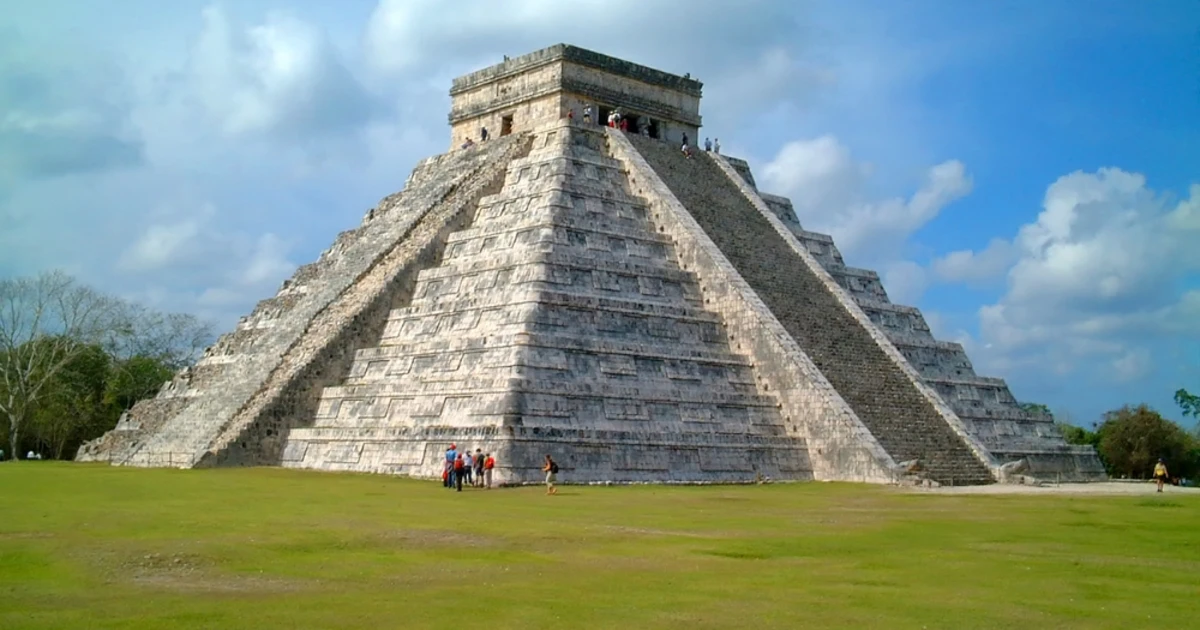The United States is experiencing a significant downturn in international tourism, with key markets like Mexico, Canada, and several European nations showing dramatic reductions in travel to the U.S. This collapse is attributed to growing global discontent with the Trump administration’s policies, including stringent immigration enforcement, increasingly unwelcoming border procedures, and trade disputes that have driven up the cost of visiting America. The resulting “tourism boycott storm” is fundamentally altering traditional travel patterns and inflicting substantial economic damage.

Mexico, historically the second-largest source of visitors to the U.S., has seen a troubling 6% drop in air travel compared to 2024. This decline is linked to tighter border regulations, extended visa processing times, and anxieties surrounding potential entry denials, disrupting a previously fluid cross-border tourism relationship. Canada, a close ally, is also showing caution, with reports of declining bookings and some Canadians selling U.S. properties, partly in response to strained diplomatic relations and punitive tariffs.

In Europe, the pullback is particularly sharp. Germany saw a striking 28.5% decrease in air arrivals in March 2025 year-over-year, representing over 52,000 fewer visitors. The German Foreign Ministry has issued warnings about strict U.S. immigration enforcement, and incidents of detention and deportation have fueled public concern and calls for boycotts. Spain, usually a strong European market, experienced a 24.5% decline in arrivals, with political tensions, strict visa policies, and rising costs making the U.S. less appealing, particularly to younger travelers. The United Kingdom, despite the “special relationship,” saw a steep 14.8% drop in arrivals, with updated government travel advice warning citizens about strict immigration enforcement.

France, a major cultural influence, has also seen a notable decrease, with French travel firms reporting significant drops in U.S. bookings. French travelers are reportedly reacting to the perceived isolationist stance of the U.S., with media portraying the country as unpredictable and unwelcoming. Smaller European nations like Belgium are also rethinking U.S. travel due to concerns about border treatment and the U.S. administration’s tone towards the EU. Sweden, known for its human rights focus, shows declining interest, with some viewing travel to the U.S. as supporting a regime seen as undermining democratic norms.

Beyond individual countries, Latin America as a region is also turning away, with Central America and the Caribbean posting sharp 26% declines in March 2025. Tighter visa processes, harsh immigration rhetoric, and economic instability linked to U.S. trade actions are driving this shift towards intra-regional travel. Globally, international arrivals to the U.S. dropped by 11.6% in March 2025, with only the Middle East and Eastern Europe showing minor increases.

The economic impact is significant, with projections indicating a $10 billion loss in international travel spending compared to the previous year. This affects a wide range of industries, from airlines and hotels to retail and entertainment, putting pressure on tourism-reliant cities and states. Compounding this, domestic tourism is also weakening due to economic uncertainty and political instability, creating a double challenge for the U.S. tourism sector. Experts warn that the boycott movement could intensify if political tensions persist, potentially causing long-term damage to “Brand USA.” The current situation presents a critical juncture for the U.S. to either rebuild trust and openness or face prolonged isolation in the global tourism landscape.

Points To Know
- The U.S. is experiencing a severe decline in international tourism.
- Countries like Mexico, Canada, Germany, Spain, the UK, France, Belgium, and Sweden are significantly reducing travel to the U.S.
- The decline is primarily driven by discontent over President Trump’s immigration crackdowns, hostile border policies, and escalating trade wars.
- These policies have made the U.S. appear less welcoming and more expensive.
- A “tourism boycott storm” is impacting traditional travel flows to the U.S.
- Mexico, the second-largest visitor market, saw a 6% drop in air travel due to tighter regulations and anxiety over entry.
- Canadian travelers are becoming cautious, with reports of declining bookings and property sales in the U.S., partly due to strained relations and tariffs.
- Germany had a sharp 28.5% drop in air arrivals in March 2025, fueled by travel advisories and incidents of detention.
- Spain saw a 24.5% decline, with political tensions and costs discouraging visitors, especially younger ones.
- The UK experienced a steep 14.8% drop, with updated government advice warning of strict immigration enforcement.
- France has seen a marked decrease, with French travel firms reporting significant booking drops, reflecting a reaction to the perceived isolationist stance.
- Belgium is seeing travelers opt for other destinations due to concerns about border treatment and the U.S. administration’s tone towards the EU.
- Sweden shows declining interest, with some viewing travel to the U.S. as ethically questionable given the political climate.
- Latin America, including Central America and the Caribbean, posted sharp 26% declines due to tightened visas, harsh narratives, and economic instability.
- Global international arrivals to the U.S. dropped by 11.6% in March 2025, with declines across most regions.
- This erosion of inbound tourism signals a shift away from the U.S. as an aspirational destination.
- Tourism Economics projects a $10 billion loss in international travel spending compared to 2024.
- These losses impact various sectors of the U.S. economy.
- Cities and states reliant on tourism face revenue shortfalls and potential layoffs.
- Domestic tourism is also weakening due to economic uncertainty and political instability.
- Experts warn the boycott movement could worsen if political tensions continue.
- The damage to “Brand USA” could take years to repair.
- The U.S. is at a critical juncture to either rebuild trust or face prolonged isolation in global tourism.
